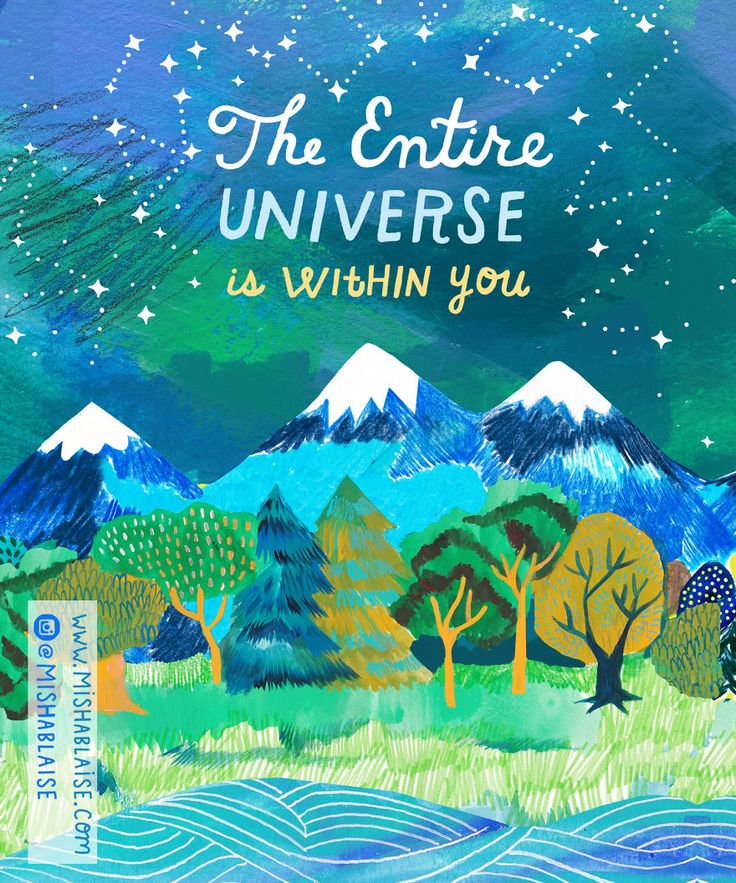The cosmos, a vast tapestry woven with threads of light and purpose, resonates with the teachings of the Bahá’í Faith. This spiritual paradigm posits that the universe is interconnected in profound and intricate ways. Through a plethora of lenses—metaphysical, sociological, and environmental—the Bahá’í teachings illuminate the underlying principles that bind humanity and the cosmos together. Exploring these concepts invites a richer appreciation of both our individual lives and our collective experiences.
At the heart of the Bahá’í teachings lies the principle of unity. The universe operates much like a grand orchestra, where each note, no matter how singular, contributes to the overall harmony. This metaphor emphasizes that humanity, despite varying cultures, languages, and beliefs, plays a vital role in a divine symphony. Each person’s existence is a unique melody, and it is only through mutual recognition and respect that a harmonious world can emerge. The Bahá’í perspective advocates for the dissolution of racial, national, and religious prejudices, urging individuals to appreciate their interdependence, akin to notes in a chord—each unique yet inseparable from the collective experience of sound.
Further delving into the interconnectedness of the universe, the Bahá’í teachings suggest that every individual is a microcosm of the larger macrocosmic reality. This reflects the metaphor of the universe as a single body, where every organ—representing diverse human races and cultures—must function in synergy to sustain life. The health of one part directly affects the health of the whole. In this metaphor, love and compassion serve as the vital nutrients, crucial for the well-being of the collective organism. Acknowledging our shared humanity fosters not only empathy but also drives the advancement of social justice, thereby ensuring that every voice—no matter how quiet—resonates in the grand discourse of life.
In the Bahá’í view, spirituality and science are two complementary realms that provide us with a deeper understanding of existence. The universe operates under divine laws, akin to natural laws governing physical phenomena. Just as gravity holds planets in their orbits, so too do the spiritual principles—justice, equity, and love—uphold the moral frameworks of societies. The convergence of these two realms resonates powerfully within Bahá’í thought, encouraging individuals to pursue both knowledge and faith. This dualistic approach, much like an artist wielding both paint and brush, equips humanity to navigate challenges and embrace the potential for innovation and discovery.
Moreover, the natural world serves as an eloquent testament to the interconnectedness of all life forms. Bahá’í teachings emphasize the importance of environmental stewardship, recognizing that humans are not isolated entities but rather integral components of a larger ecological web. Each action we take reverberates through the intricate ecosystems that sustain us. Just as various species interact within their environments, humans must cultivate an awareness of their impact on the earth. This relationship reflects a symbiotic exchange; by caring for the planet, we ensure our survival, much like nurturing a garden to yield a bountiful harvest. Recognizing our responsibility towards nature transforms our approach to environmental ethics, highlighting the urgency for sustainable practices and collective action.
A remarkable aspect of the Bahá’í teachings is the emphasis on the educative potential of hardships and challenges. Adversity serves as a crucible through which character is forged and spiritual maturity is attained. This transformative process bears a resemblance to the alchemical endeavor of turning base metals into gold. Each struggle, when approached with patience and resilience, can elucidate the interconnected fabric of existence. The concept reflects the idea that these hardships are not mere obstacles but rather lessons designed to deepen our understanding of the universe and our place within it. It reveals how the human experience is intricately woven with trials that mold us into more compassionate beings. Only through trials do we find the strength to connect with others, offering support and understanding in their times of need.
As we navigate through the intricacies of existence, the concept of progressive revelation holds profound significance within the Bahá’í Faith. It posits that humanity has received a succession of divine teachings through various prophets across history. Each revelation serves as a building block, advancing our collective understanding of spirituality, ethics, and governance. This ongoing evolution can be likened to the ripples on the surface of a pond; as each pebble strikes the water, creating concentric circles, so too do these teachings expand outward, touching countless lives. The idea that every age brings forth new truths fosters a sense of hope, reinforcing the belief that the universe is continuously unfolding in ways that we are destined to explore.
Ultimately, the exploration of Bahá’í teachings unveils a universe replete with profound connections. The interplay between unity, the relationship between science and spirituality, environmental stewardship, the transformative nature of adversity, and the progressive evolution of divine wisdom offers a multifaceted perspective on existence. These principles invite individuals to transcend the limitations imposed by societal constructs, urging them to embrace their role as co-creators of a world characterized by harmony and interconnectedness. Acknowledging and cultivating these relationships enhances not only personal growth but also contributes to the larger narrative of humanity. In this symphony of existence, every note counts, and every individual has the potential to resonate harmoniously within the grand tapestry of life.
